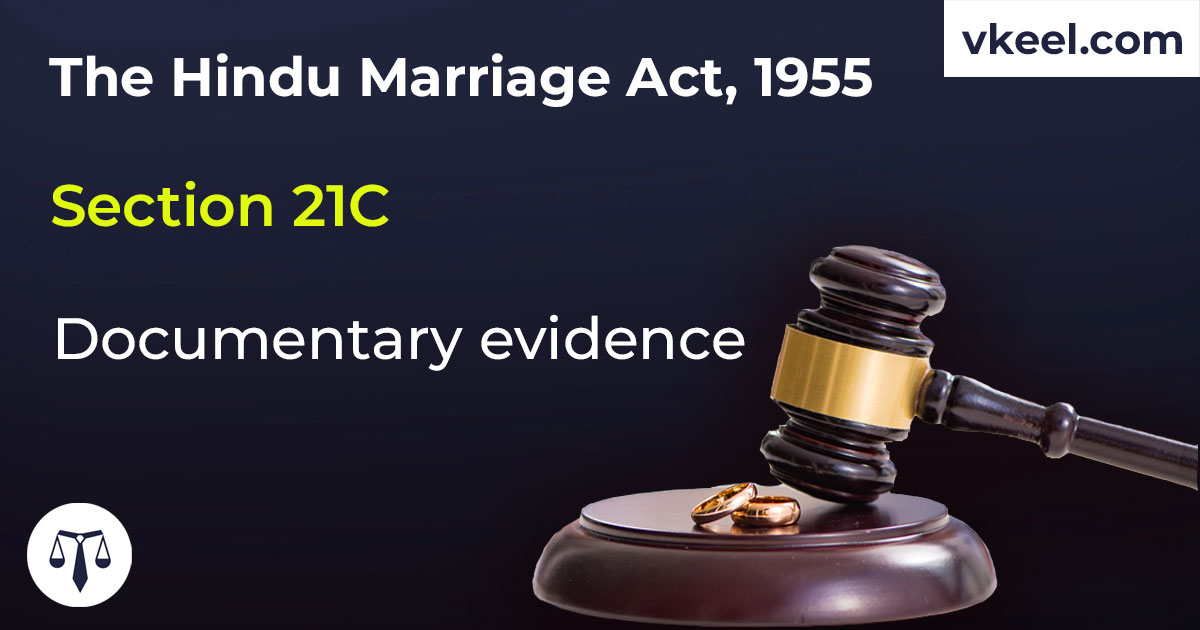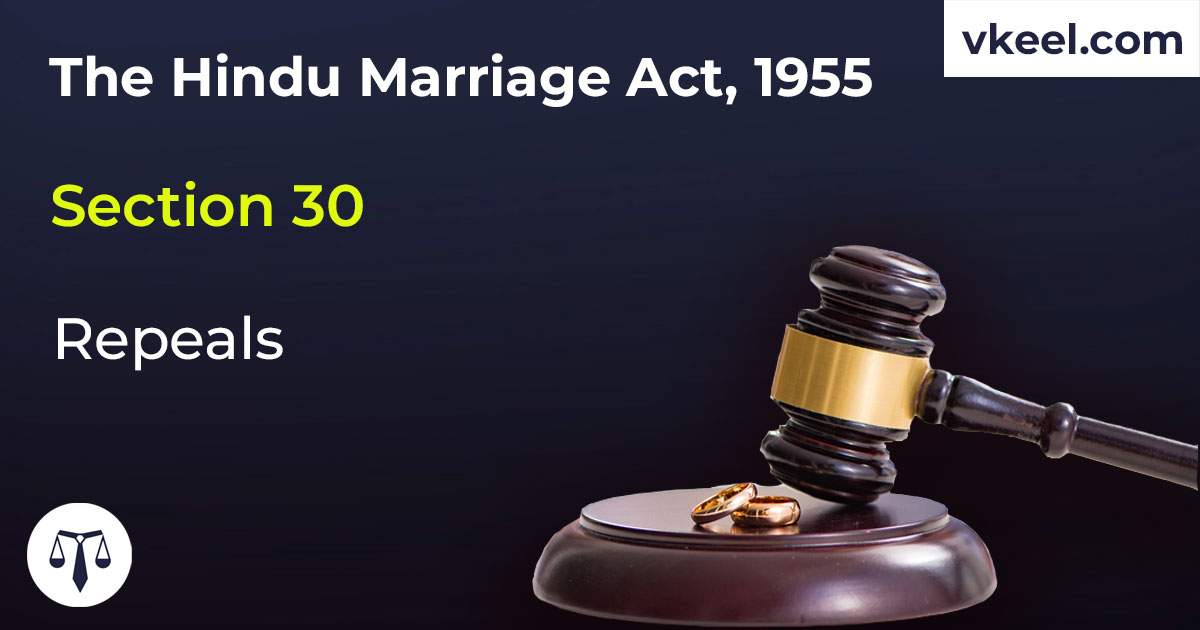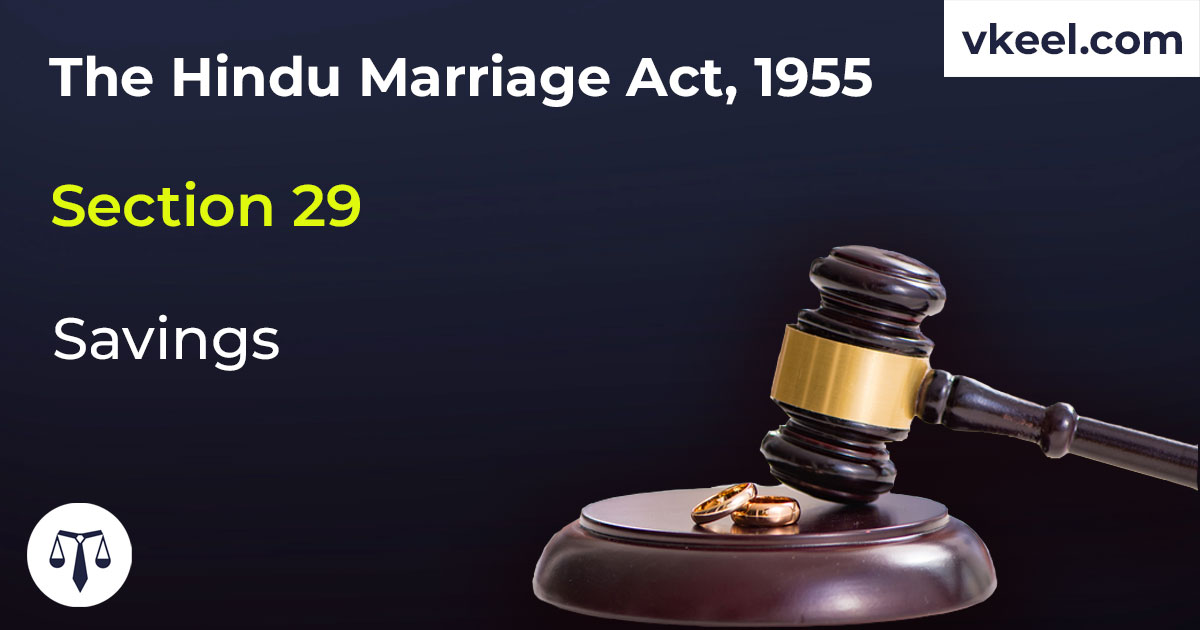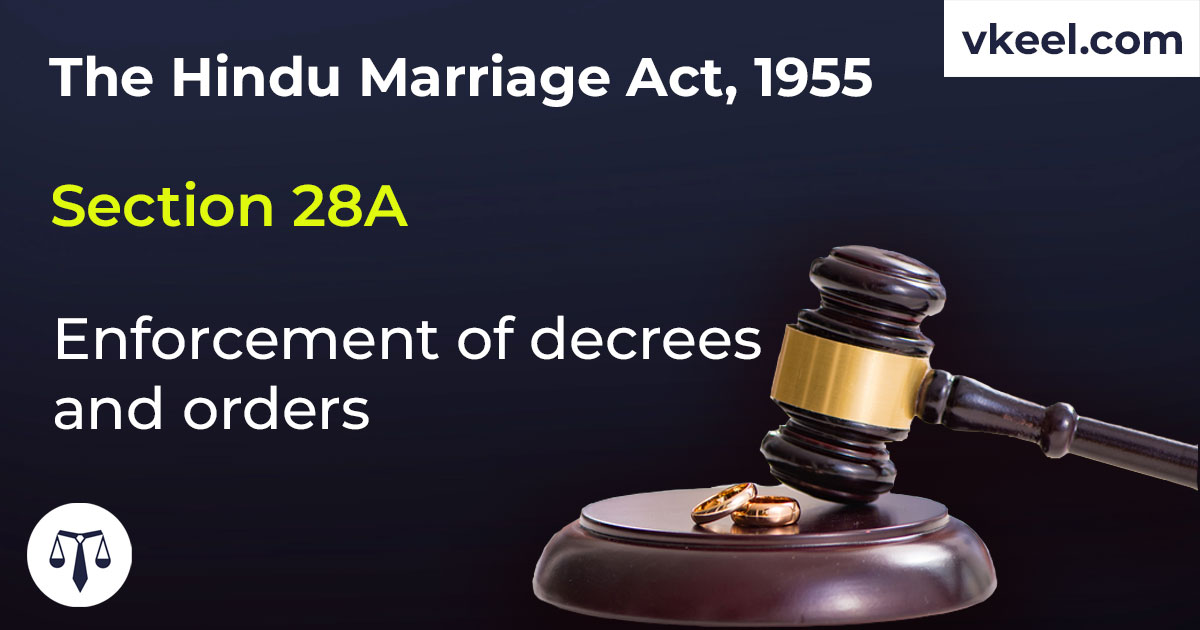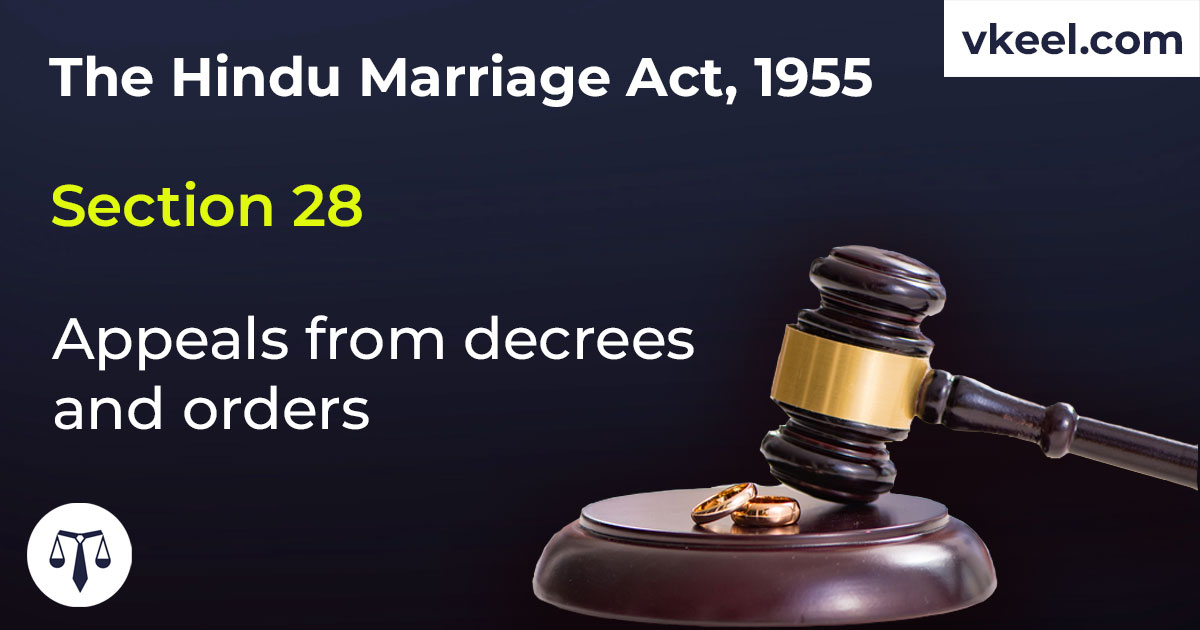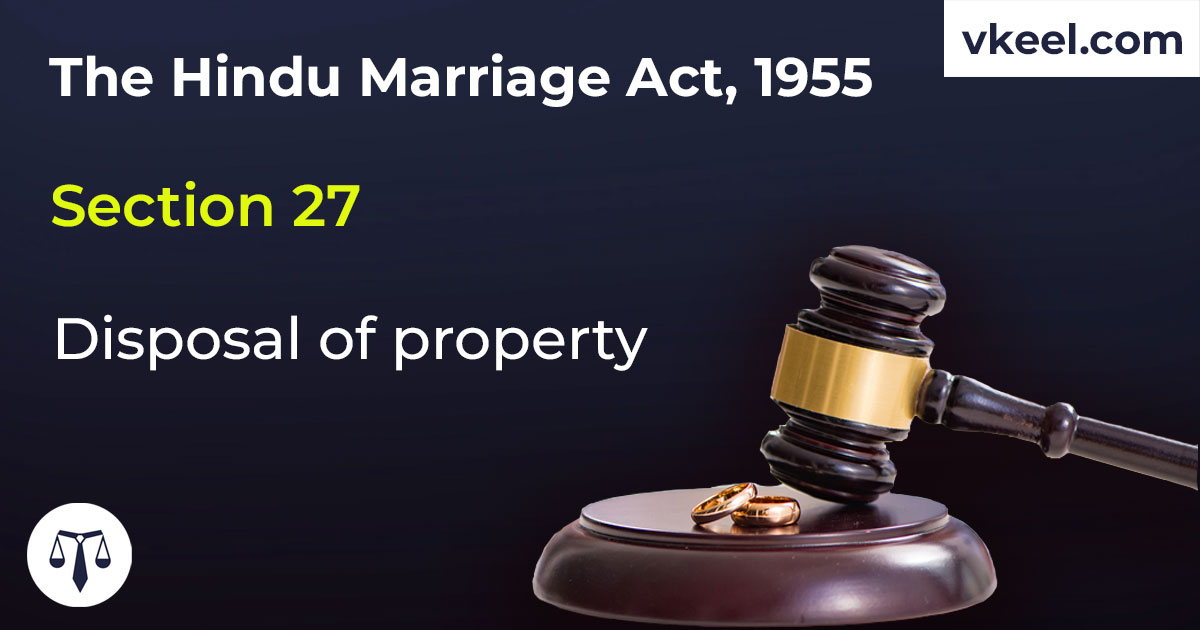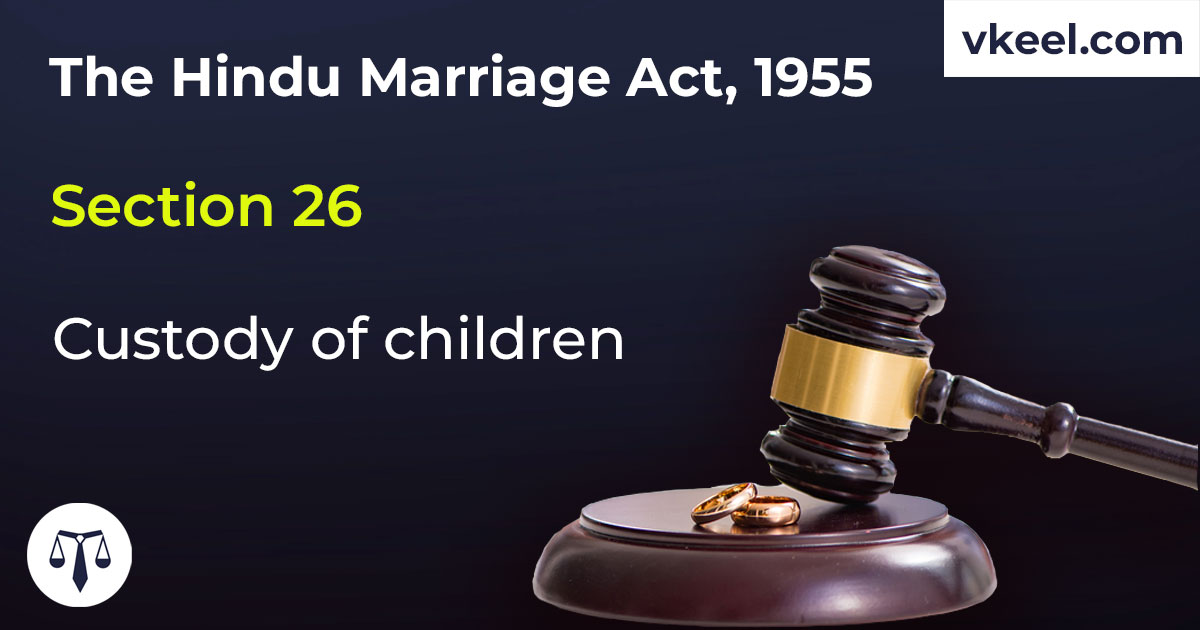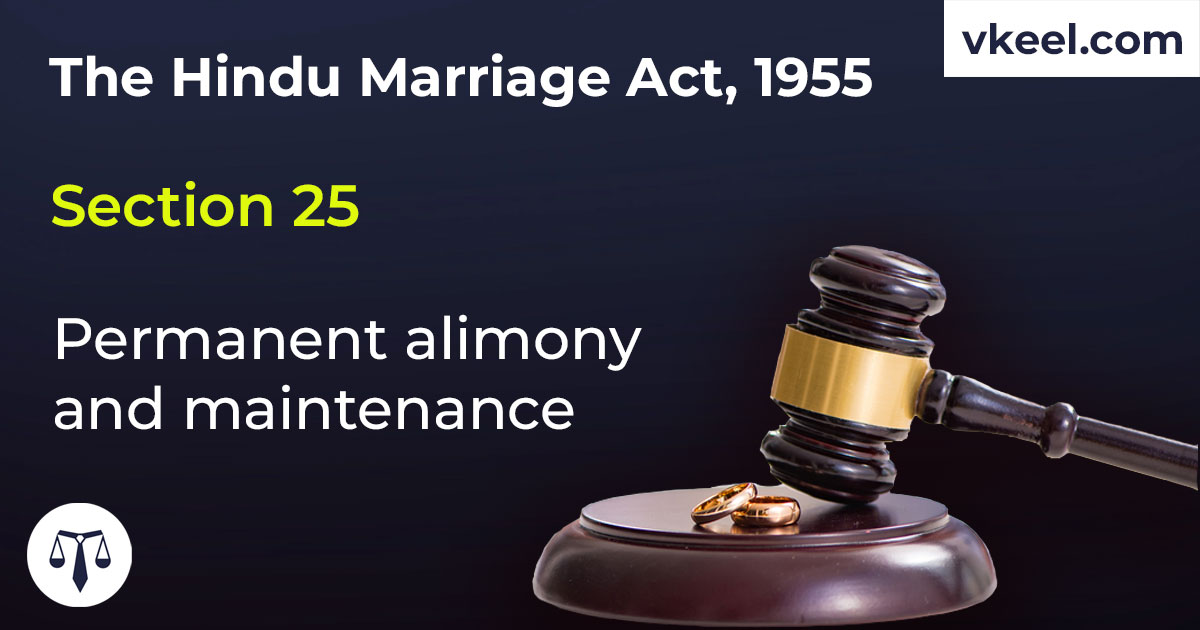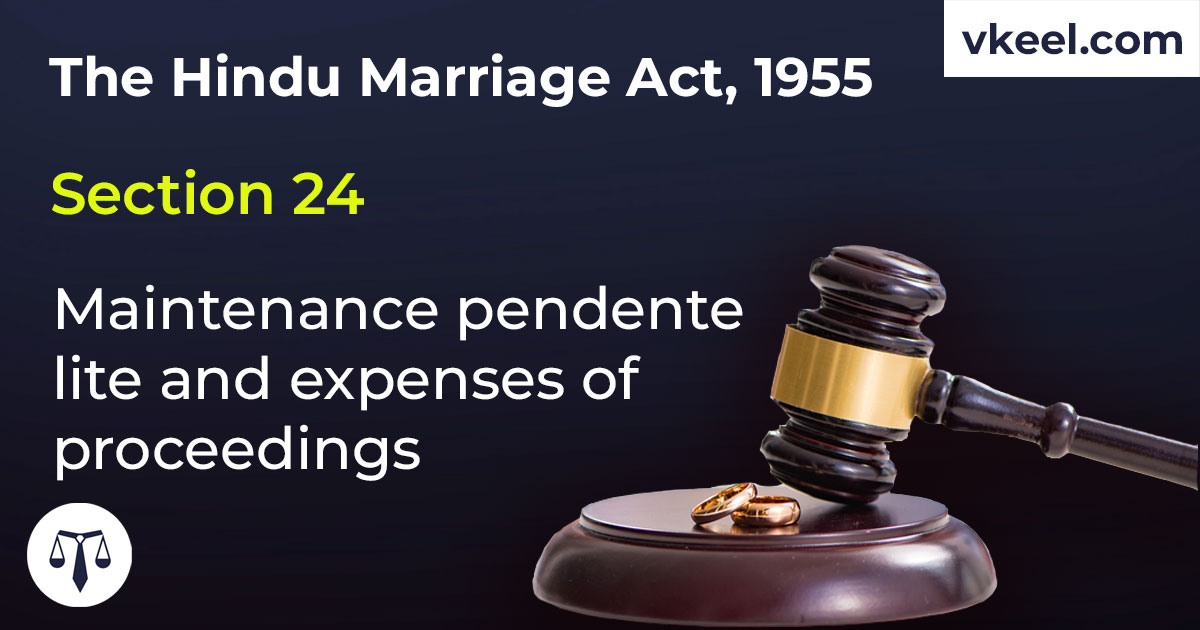Section 21C Hindu Marriage Act 1955 – Documentary evidence
By Vkeel Team
Table of Contents
Description
“Section 21C Hindu Marriage Act 1955”
Notwithstanding anything in any enactment to the contrary, no document shall be inadmissible in evidence in any proceeding at the trial of a petition under this Act on the ground that it is not duly stamped or registered.
Requirements of Section 21C Hindu Marriage Act 1955 for Documentary Evidence
Section 21C Hindu Marriage Act 1955 is a provision that requires documentary evidence to be presented in certain cases. This section states that when a petition for divorce is filed, the petitioner must provide documentary evidence to prove the grounds for divorce. This evidence must be in the form of a written statement or affidavit, and must be signed by the petitioner.
The purpose of this requirement is to ensure that the petitioner is able to prove the grounds for divorce. This is important because the court must be satisfied that the grounds for divorce are valid before granting the divorce. The documentary evidence must be provided in order to demonstrate that the petitioner has a valid reason for seeking a divorce.
The documentary evidence must include details of the grounds for divorce, such as adultery, cruelty, desertion, or any other ground that is applicable. The evidence must also include details of the marriage, such as the date of marriage, the names of the parties involved, and any other relevant information.
In addition to providing documentary evidence, the petitioner must also provide evidence of service of the petition on the respondent. This is to ensure that the respondent is aware of the petition and has been given an opportunity to respond.
Finally, the petitioner must provide evidence of any other matters that are relevant to the case. This could include evidence of any attempts at reconciliation, or any other matters that may be relevant to the case.
In summary, Section 21C Hindu Marriage Act 1955 requires documentary evidence to be provided in certain cases. This evidence must include details of the grounds for divorce, the marriage, and any other relevant matters. This requirement is in place to ensure that the court is satisfied that the grounds for divorce are valid before granting the divorce.
Role of Documentary Evidence in Hindu Marriages Under Section 21C Hindu Marriage Act 1955
Section 21C Hindu Marriage Act 1955 deals with documentary evidence in Hindu marriages. This section states that a marriage between two Hindus can be proved by documentary evidence, such as a marriage certificate, a deed of marriage, or any other document that is accepted as proof of marriage.
Documentary evidence plays an important role in Hindu marriages. It is used to prove the validity of the marriage and to establish the rights and obligations of the parties involved. Documentary evidence is also used to settle disputes between the parties, such as in cases of divorce or inheritance.
Documentary evidence is also used to establish the legitimacy of a marriage. For example, if a marriage is not registered, documentary evidence can be used to prove that the marriage took place. This is especially important in cases where the marriage is not recognized by the law.
Documentary evidence is also used to establish the identity of the parties involved in the marriage. This is important in cases where the parties are not known to each other or where the parties are from different castes or religions. Documentary evidence can also be used to prove the age of the parties involved in the marriage.
In addition, documentary evidence can be used to prove the consent of the parties involved in the marriage. This is important in cases where one of the parties is a minor or where one of the parties is not mentally competent. Documentary evidence can also be used to prove that the marriage was not entered into under duress or coercion.
Finally, documentary evidence can be used to prove the validity of the marriage in cases where the marriage has been challenged. This is important in cases where the marriage has been challenged on the grounds of bigamy or polygamy.
In conclusion, documentary evidence plays an important role in Hindu marriages under Section 21C Hindu Marriage Act 1955. It is used to prove the validity of the marriage, to establish the rights and obligations of the parties involved, and to settle disputes between the parties. Documentary evidence is also used to establish the legitimacy of the marriage, to establish the identity of the parties involved, and to prove the consent of the parties involved. Finally, documentary evidence can be used to prove the validity of the marriage in cases where the marriage has been challenged.
Description Source: indiacode
Disclaimer:
The information provided in the article is for general informational purposes only, and is not intended to constitute legal advice or to be relied upon as a substitute for legal advice. Furthermore, any information contained in the article is not guaranteed to be current, complete or accurate. If you require legal advice or representation, you should contact an attorney or law firm directly. We are not responsible for any damages resulting from any reliance on the content of this website.

